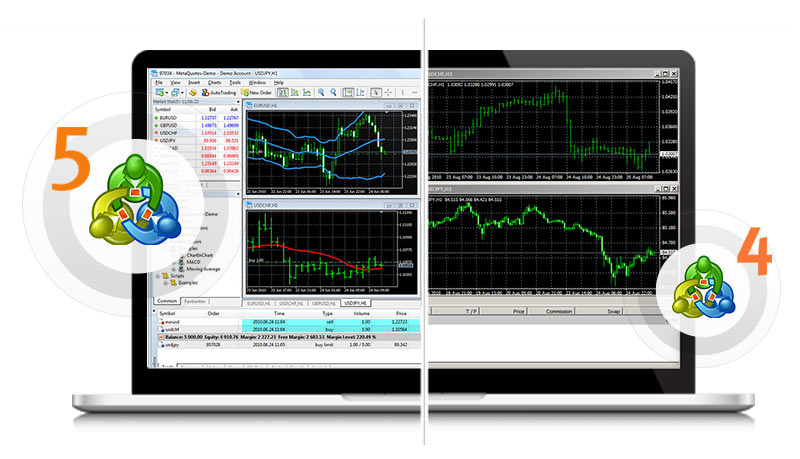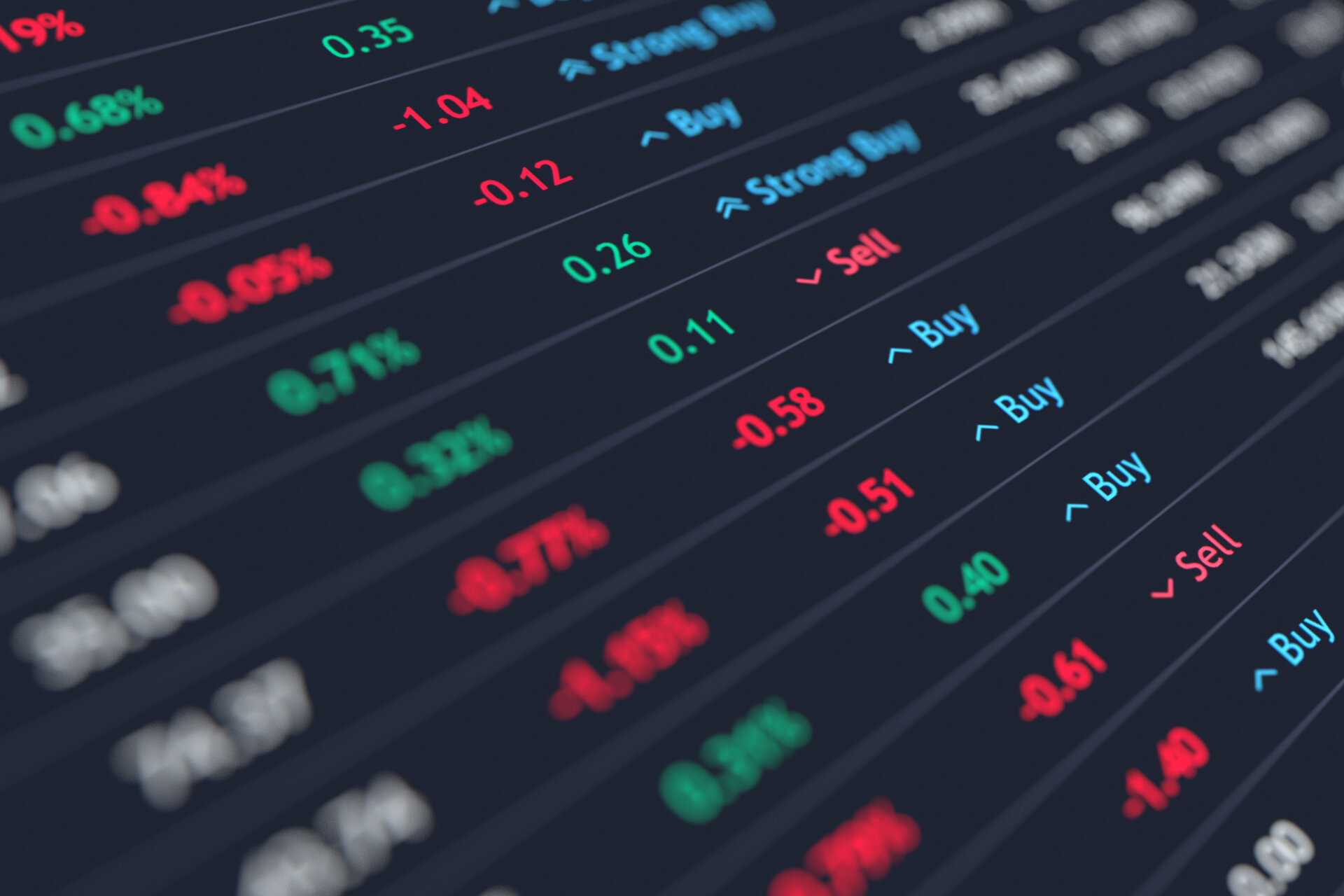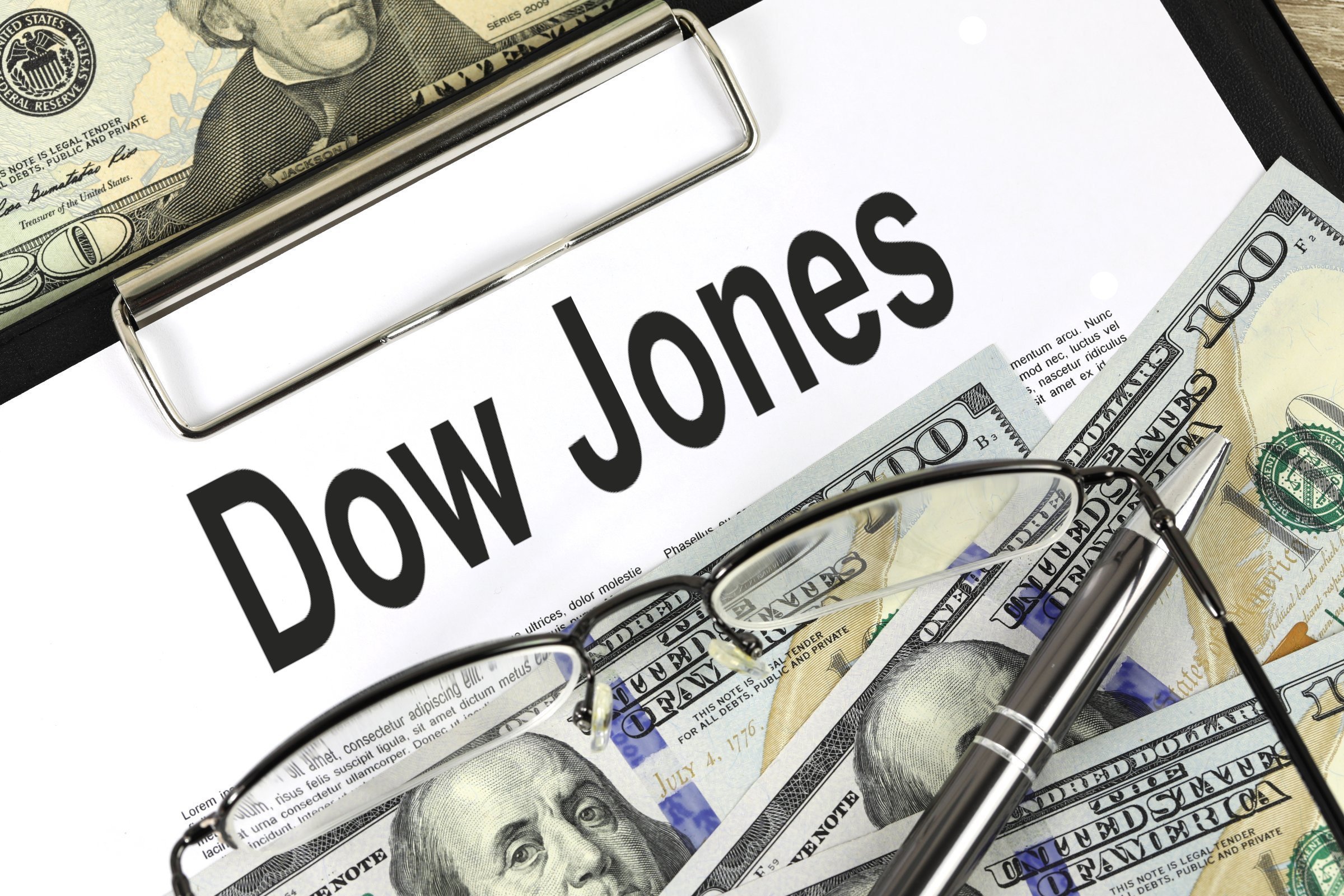What Is A Currency Forwards?
Currency forwards are contracts between two parties to buy or sell a certain amount of currency at a set price on a specific date in the future. They are used to hedge against risks associated with fluctuations in foreign exchange rates. Forwards can be either over-the-counter (OTC) or traded on an exchange. OTC forwards are typically used by companies that have large exposures to foreign currencies, while exchange-traded forwards are favored by retail investors. In this article, we will explore the benefits and risks of using currency forwards in forex trading.
The global foreign exchange market is one of the largest and most liquid markets in the world, with daily turnover averaging more than $5 trillion. The market is driven by forces such as interest rates, inflation, economic growth, and political instability. As a result, foreign exchange rates can be highly volatile and subject to sudden movements. This volatility can create risk for investors who expose themselves to foreign currencies without hedging their positions.
Currency forwards offers a way for investors to hedge against these risks by locking in an exchange rate for a future transaction. Forwards can be used to lock in the purchase or sale of a certain amount of currency at a pre-determined price on a specific date in the future. This allows investors to protect themselves against adverse movements in foreign exchange rates and helps ensure that they receive the best possible price when executing their transactions.
There are two types of currency forwards - over-the-counter (OTC) and exchanged-traded (ETD). OTC forward contracts are custom negotiated between two parties and usually involve large quantities of money. Because they are not standardized like ETDs, OTC contracts can be tailored to meet the specific needs of each party involved. Exchange-traded FORWARDS (FORDs), on the other hand, are traded on an open outcry or electronic trading system just like regular stocks or bonds. They offer more liquidity than OTC contracts and tend to be favored by retail traders because they offer tighter bid/ask spreads."
What are currency forwards in Forex and what do they represent?
Currency forwards are contracts between two parties to buy or sell a certain amount of currency at a set price on a specific date in the future.
They are used to hedge against risks associated with fluctuations in foreign exchange rates.
Forwards can be either over-the-counter (OTC) or traded on an exchange.
OTC forwards are typically used by companies that have large exposures to foreign currencies, while exchange-traded forwards are favored by retail investors.
What are the benefits of using currency forwards?
Currency forwards offers a way for investors to hedge against risks associated with fluctuating foreign exchange rates.
Forwards can be used to lock in the purchase or sale of a certain amount of currency at a pre-determined price on a specific date in the future.
This allows investors to protect themselves against adverse movements in foreign exchange rates and helps ensure that they receive the best possible price when executing their transactions.
What are the risks associated with currency forwards?
There are several risks associated with currency forwards, including counterparty risk, basis risk, and rollover risk.
Counterparty risk is the risk that one party to the contract will default on its obligations. Basis risk is the risk that the forward rate will not be an accurate predictor of the future spot rate. Rollover risk is the risk that changes in interest rates will cause the value of the forward contract to fluctuate.
What are some things to consider before entering into a currency-forward contract?
Some things to consider before entering into a currency forward contract include the size of the transaction, the length of the contract, and the currency pair being traded.
It is also important to consider the creditworthiness of the counterparty and to make sure that there is an adequate margin in place to cover any potential losses.
Currency forwards can be a useful tool for hedging against risks associated with fluctuations in foreign exchange rates. However, it is important to understand the risks involved before entering into a contract. Speak with a financial advisor if you have any questions about how currency forwards might fit into your investment strategy.
How do currency forwards work and why are they used in Forex trading?
Currency forwards are used in Forex trading to protect against currency risk. A currency forward is a contract between two parties to buy or sell a specific amount of currency at a set price on a future date. The price is set at the time the contract is made, and the currency is exchanged on the delivery date.
Currency forwards are used to hedging against currency risk, which is the risk that the value of a currency will change. For example, if you are expecting to receive payments in Euros in the future, but the value of the Euro falls, you will lose money. If you enter into a currency forward contract, you can lock in the current exchange rate and avoid this risk.
Another use for currency forwards is to speculate on the future movement of currency pairs. If you think the value of a currency will rise, you can buy it forward and profit from the price difference.
Currency forwards is just one tool that Forex traders use to manage currency risk. Other tools include currency swaps and options.
What is a currency forward?
A currency forward is a contract to buy or sell a set amount of currency at a set price on a future date. The price is locked in at the time the contract is made, and the trade is executed on the delivery date.
Currency forwards are used to hedging against currency risk, which is the risk that the value of a currency will change. For example, if you are expecting to receive payments in Euros in the future, but the value of the Euro falls, you will lose money. If you enter into a currency forward contract, you can lock in the current exchange rate and avoid this risk.
Another use for currency forwards is to speculate on the future movement of currency pairs. If you think the value of a currency will rise, you can buy it forward and profit from the price difference.
Currency forwards is just one tool that Forex traders use to manage currency risk. Other tools include currency swaps and options.
What are the benefits of using currency forwards in Forex trading, and how can they help you achieve your trading goals?
Currency forwards can be used to hedge against currency risk, which is the risk that the value of a currency will change. For example, if you are expecting to receive payments in Euros in the future, but the value of the Euro falls, you will lose money. If you enter into a currency forward contract, you can lock in the current exchange rate and avoid this risk.
Another use for currency forwards is to speculate on the future movement of currency pairs. If you think the value of a currency will rise, you can buy it forward and profit from the price difference.
Currency forwards is just one tool that Forex traders use to manage currency risk. Other tools include currency swaps and options.
What are the risks of using currency forwards in Forex trading?
There are a few risks to be aware of when using currency forwards in Forex trading. First, currency forward contracts are binding, so you may be committed to trade even if the market moves against you. Second, there is counterparty risk, which is the risk that the other party to the contract will not honor their obligations. Finally, there is a delivery risk, which is the risk that the currency will not be delivered on the agreed-upon date.
How can I offset the risks of using currency forwards in Forex trading?
There are a few ways to offset the risks of using currency forwards in Forex trading. First, you can use a stop-loss order to limit your losses if the market moves against you. Second, you can choose a reputable counterparty and make sure they have the financial resources to honor their obligations. Finally, you can use a delivery service that has a good reputation for reliability.
What are some things I should keep in mind when using currency forwards in Forex trading?
When using currency forwards in Forex trading, there are a few things you should keep in mind. First, make sure you understand how the contract works and what your obligations are. Second, be aware of the risks involved and take steps to offset them. Third, choose a reputable counterparty and delivery service to help ensure a successful trade.














